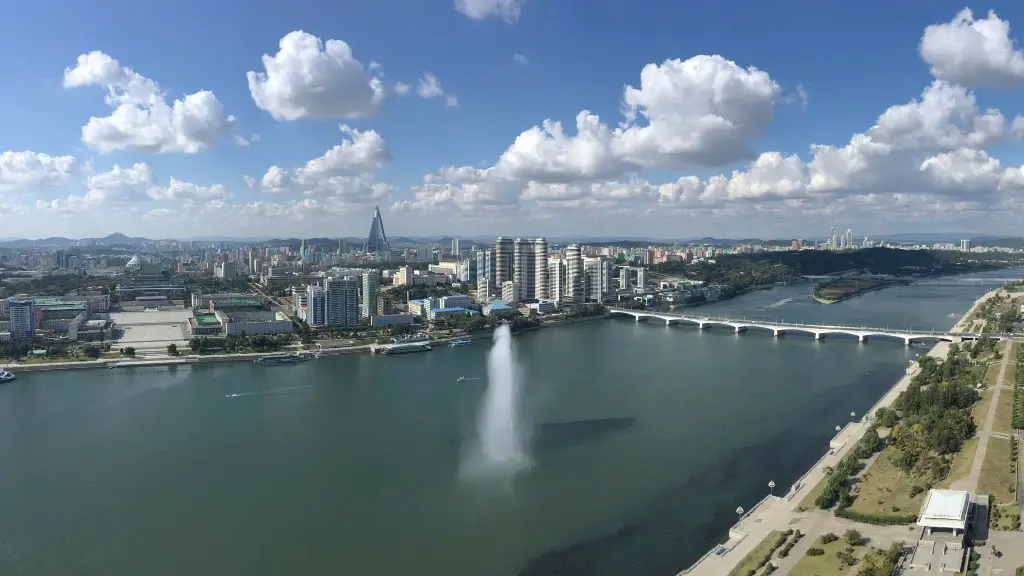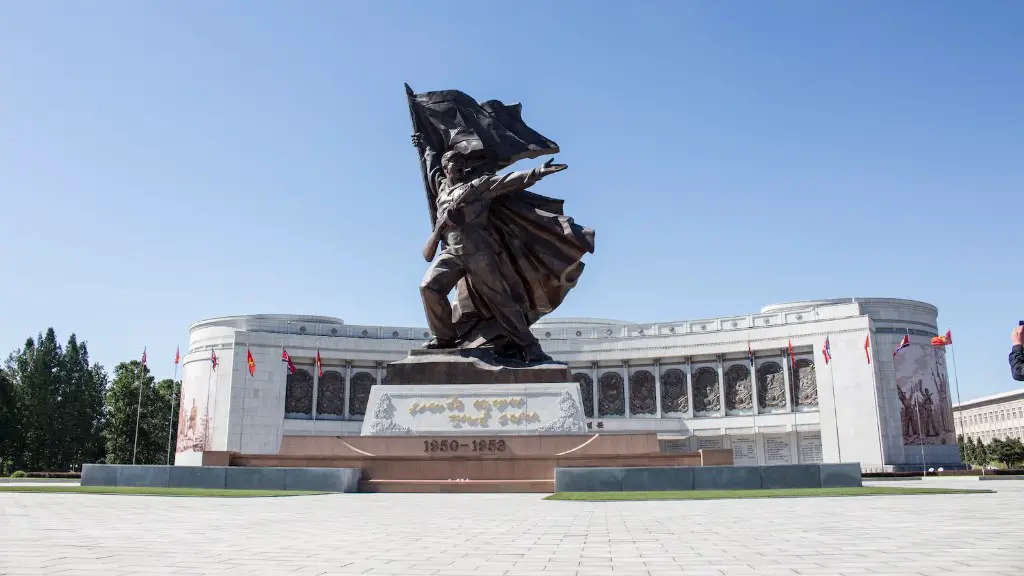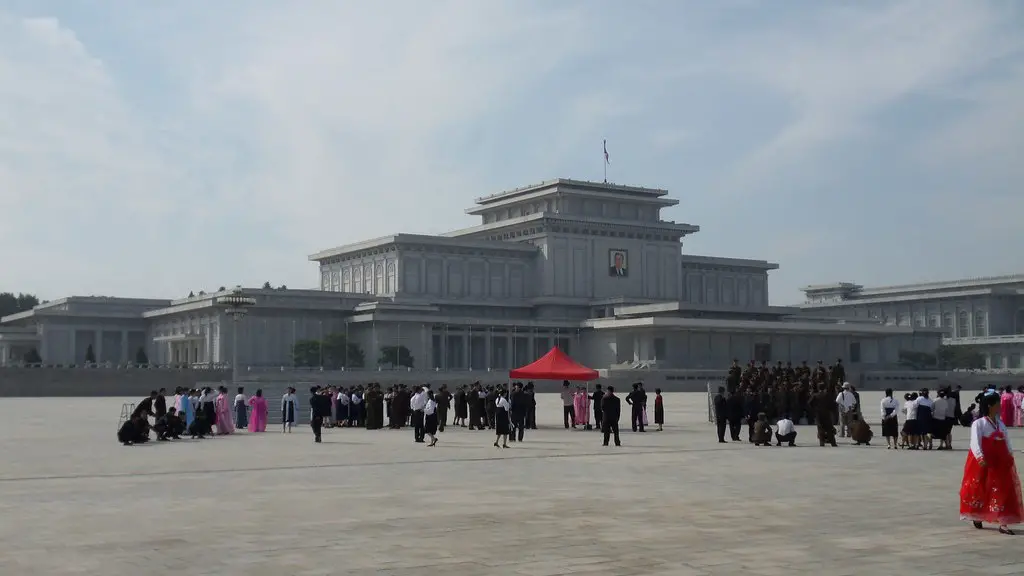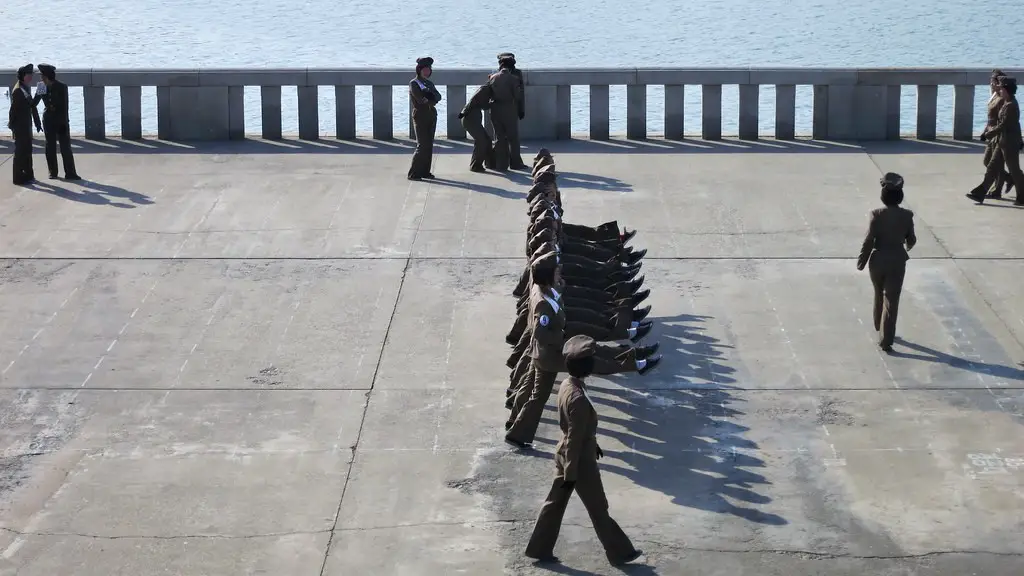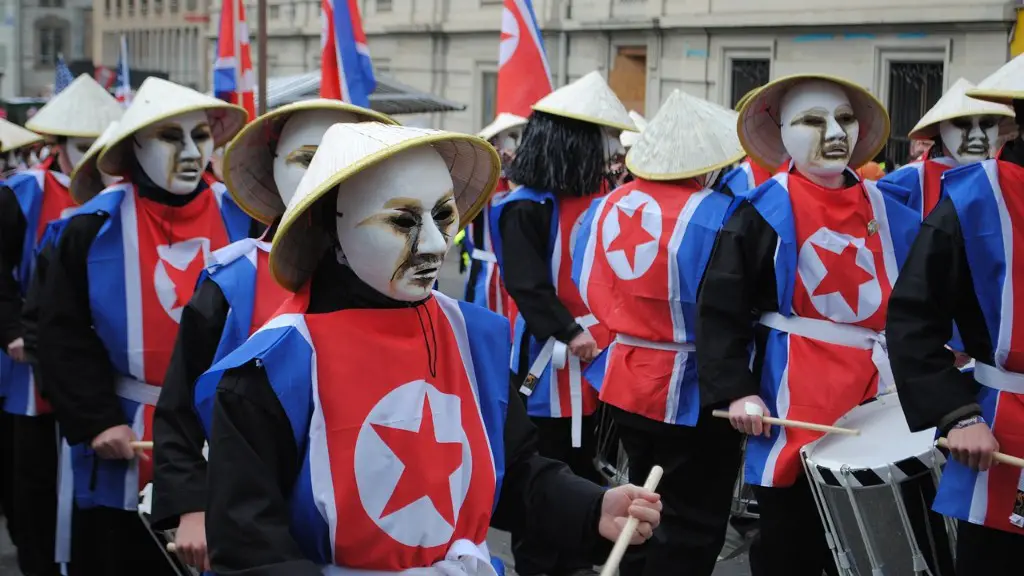The world has been more carefully watching North Korea’s activities lately. With the nation’s growing nuclear arsenal and missiles that can reach the United States, the need to force Pyongyang into compliance is as urgent as ever. To this end, the international community has stepped up its sanctions regime against North Korea.
International pressure against North Korea began with the United Nations in 2006. As the years passed, more members abstained from supplying North Korea with the resources needed to develop nuclear weapons and further their aggressive foreign policy. In 2017, the most aggressive and comprehensive sanctions were imposed by the UN Security Council. These sanctions targeted North Korean exports and international financial transactions, seeking to cripple the regime’s ability to craft a nuclear system that could destabilize the Korean peninsula or threaten global security.
The US government has taken a strong stance against Pyongyang, implementing numerous economic and travel restrictions. Exports of items such as coal and seafood, key sources of foreign currency, have been severely restricted. With no way of earning hard currency, North Korea’s economy has been suffocated. In addition to this, US banks have been banned from conducting financial transactions that involve entities connected to North Korea.
China, North Korea’s largest ally, has played a significant role in pressuring Pyongyang to abandon its nuclear weapons program. Beijing’s economic ties to Pyongyang made them a linchpin player in the drama, as they constitute the majority of North Korea’s legal and illegal exports. Chinese sanctions against North Korea helped to reduce the number of businessmen trading with North Korean entities by around 15%, although numbers remain high.
As things stand, the sanctions against North Korea remain disputed. While some believe that the measures are effective, others argue that further action needs to be taken in order to convince Pyongyang that the pursuit of nuclear weapons is not profitable and disrupt their plans to develop an intercontinental ballistic missile with nuclear capabilities. Furthermore, humanitarian aid has been drastically reduced, with reports suggesting that millions of people are facing food and fuel shortages. Given the current situation, it is no surprise that the international community remains divided on how to effectively tackle the problem.
State-funded Programs
The sanctions have also curbed North Korea’s state-funded projects. International funds have been cut off, hampering major infrastructure projects such as the construction of a new rail line connecting Pyongyang and the Chinese border. The sanctions have also prevented North Korean entrepreneurs from accessing western markets, which could have generated crucial foreign currency.
Moreover, public welfare programs have been affected in an even more severe manner. Sanctions have created shortages of essential goods, such as food and fuel, resulting in extreme negative consequences for the civilian population. Resources such as fuel subsidies are not reaching the people anymore, creating even more poverty.
The reduced influx of foreign aid and goods is particularly dangerous for the North Korean health system. Although the country was largely free of infectious diseases such as Malaria, the sanctions have caused a marked deterioration in the health of civilians. The scarcity of basic goods has hindered healthcare professionals’ ability to take effective action to tackle the issue. Diseases such as tuberculosis and hepatitis have become serious problems, as medical supplies and personnel remain inadequate.
Impacted Trade
Trade between North Korea and other countries has also suffered due to the sanctions. Ordinarily, Pyongyang’s access to external markets leveraged its foreign currency. However, the sanctions imposed on North Korean trade have crippled the nation’s ability to generate income from exports. This has decreased Pyongyang’s bargaining power, reducing its leverage to negotiate better deals with other nations.
The sanctions have also led to problems for North Korea’s diplomatic endeavors. Its foreign relations are strained, as it is now difficult to find partners in its quest for technological advancement. Moreover, increased restrictions on imported goods have caused solutions to many problems to become inaccessible.
One of the most important economic sanctions imposed on North Korea has been the restriction of international oil imports. Without access to a vital energy source, North Korea has been unable to properly manufacture and distribute goods and services. Even if the nation wants to comply with penalties created by the UN, their current isolation makes that extremely difficult.
Minimizing Human Damage
International efforts have been made to minimize the damage of sanctions against North Korea. In an attempt to alleviate the suffering of the North Korean people, food, fuel and antibiotics have been delivered in monitored tranches. The UN and specific states have also provided monetary aid for the nation’s health sector, in a bid to combat the worsening medical situation.
Humanitarian activities such as these have been met with both positive and negative responses. While some applaud the delivery of much-needed supplies, others are skeptical of Pyongyang’s trustworthiness and willingness to honour the recipients nature of the aid.
North Korea’s Response
North Korea’s response to the international sanctions has varied over time. Pyongyang was initially reluctant to even consider discussions regarding denuclearization, but recently has started to express willingness to cooperate. After the historic Singapore summit between Kim Jong Un and President Trump, both sides seemed to be making progress and exchanges took place.
However, North Korea appears to have abandoned its promises of dismantling its nuclear weapons program. The regime has continued to launch test ballistic missiles and increased production of nuclear materials; subsequently, it has ignored the international community’s calls for restraint.
Pyongyang has also engaged in malicious cyber-attacks on Taiwan and other countries, allegedly in search of funds to sustain itself in the face of international sanctions. It is unclear whether this could lead to sanctions or other punitive action from the international community.
Conclusion
Currently, sanctions against North Korea remain in effect and are likely to stay in place until Pyongyang complies with the United Nations’ demands. The severity of the restrictions is under debate, with some countries calling for a softening of the measures and others asking for more stringent measures in order to bring the country to the negotiating table.
It is clear that the sanctions are taking an immense toll on the North Korean population. In the meantime, the international community must continue to monitor and enforce the existing sanctions while keeping in mind the welfare of the North Korean people.
